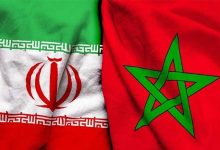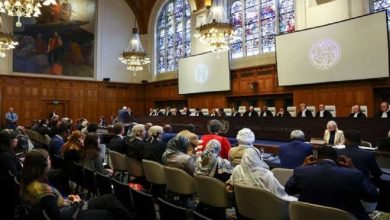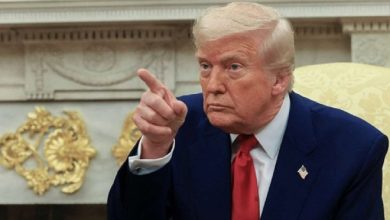Algeria–Mali Tensions Escalate Amid Drone Incident and Regional Power Struggles
Crisis deepens between Algeria and Sahel nations following a downed drone, mutual airspace closures, and rising accusations of interference—against a backdrop of growing Russian influence in the region.
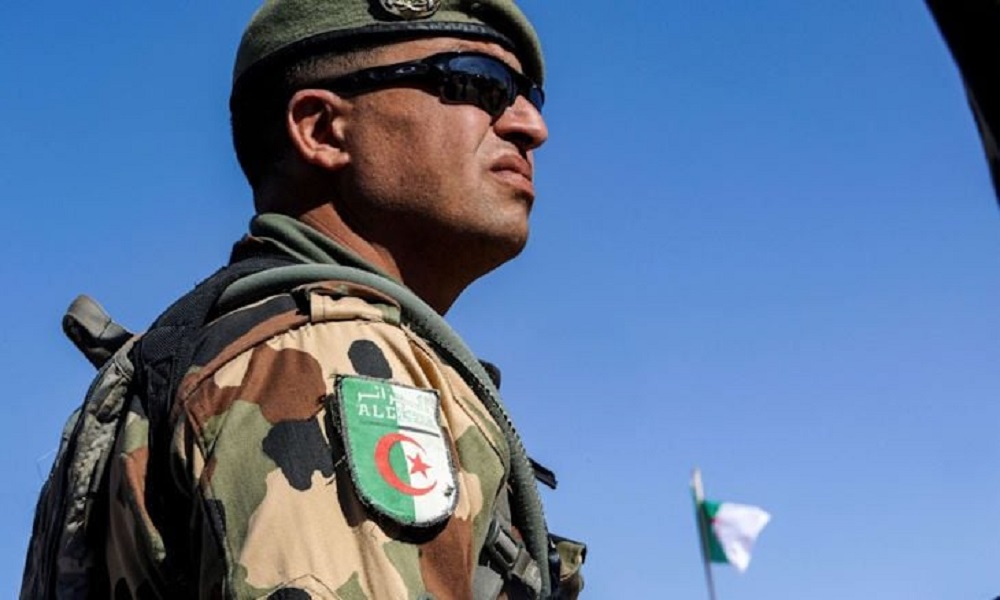
Watan-The political crisis between Algeria and Mali — and by extension, Niger and Burkina Faso — is escalating rapidly following the Algerian army’s downing of a Malian drone on March 31, which Algeria claims violated its airspace. In response, Algeria and the three countries have taken reciprocal steps, including recalling ambassadors for consultations and closing their airspace to each other.
Signs of escalation in the crisis far outweigh those of de-escalation, particularly between Algeria and Mali, where Bamako has adopted an increasingly hostile tone, accusing Algeria of supporting terrorism. Regional players appear to be fueling the crisis for political and economic reasons.
The Algeria–Sahel Rift
Following the diplomatic recalls, both Algeria and Mali closed their airspace to each other — a significant escalation. Niger and Burkina Faso, part of a confederation with Mali, have aligned with Bamako. However, the crisis goes beyond the drone incident and stems from a four-year rift beginning with Algeria’s rejection of the 2021 military coup that ousted President Bah Ndaw. Algeria also hosted Sheikh Mahmoud Dicko, a major religious and political opponent of Mali’s junta. Tensions further escalated when Bamako canceled the 2015 Algiers peace accord with northern Tuareg movements, branding them “terrorists.”
The crisis worsened in August 2023 when the Malian army killed 20 civilians in a drone strike near the Algerian border. Algeria demanded international accountability and condemned the use of mercenaries by some countries. Mali’s government responded by accusing Algeria of harboring terrorists and interfering in its affairs — inflammatory accusations made publicly by Foreign Minister Abdoulaye Diop at the UN General Assembly. Algerian Foreign Minister Ahmed Attaf retaliated, calling the statements “vile” and “disgraceful.”
This increasingly hostile trajectory has sparked fears that the crisis may escalate further, fueled by Mali’s antagonistic stance — whether based on internal politics or external manipulation aimed at sidelining Algeria in the region. However, Mali lacks significant leverage against Algeria. Closing airspace, for example, may ultimately backfire on Mali, cutting it off from Europe-bound air routes and forcing costly detours.

Analyst Perspective
These tensions have derailed recent diplomatic progress, including the exchange of ambassadors and positive statements by Mali’s new envoy in Algiers, Mohamed Amaga Doull, who had pledged to deepen bilateral cooperation. Meanwhile, Algeria has strengthened ties with Niger through new energy and infrastructure agreements and delivered aid to Burkina Faso.
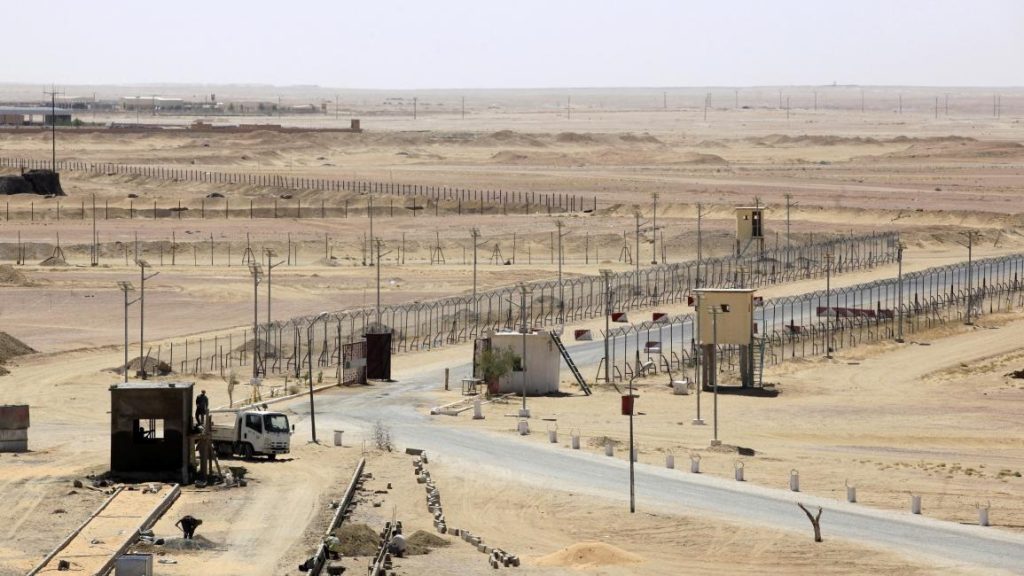
Malian Viewpoint
From the Malian perspective, the crisis stems in part from Algeria’s failure to adapt to regional changes. Several Malian officials have long expressed frustration over what they perceive as Algeria’s condescending political posture. Political analyst Mahamadou Diallo, based in Paris, said that Algeria bears more responsibility for the breakdown. “There were shifting dynamics in Mali that Algeria failed to anticipate,” he said. Malians expected Algeria to support their efforts to oust France and restore state control over the north — including neutralizing armed Tuareg factions. Instead, Algeria opposed both aims, sparking resentment.
Diallo noted that the Sahel countries, feeling neglected, have instead turned toward stronger, more responsive partners like Russia to reshape regional alliances. That pivot explains recent coordination and collective policy efforts by the Sahel bloc.
Geopolitical Underpinnings
Analysts point to deeper geopolitical dynamics driving the crisis — particularly the growing role of Russia in the Sahel. Moscow is now a major player and has been expanding its military and economic influence. Russian Foreign Minister Sergei Lavrov has visited the region multiple times, and a summit between Russia and Sahel nations is expected in Moscow soon.
Umar Ansari, a Nigerien political figure, observed that political crises in the Sahel often mask deeper strategic agendas. He suggested that Russia may be intentionally fueling tensions between Mali and Algeria, particularly in light of Algeria’s opposition to the Wagner Group’s activities in northern Mali. A similar pattern may be unfolding in the strained relations between Algeria and Niger, potentially linked to Russian resistance to the trans-Saharan gas pipeline—a project seen as a significant alternative to Russian energy exports to Europe. Ansari noted that Moscow may aim to delay the pipeline’s progress until the conflict in Ukraine subsides, thereby limiting Europe’s ability to diversify its energy sources.
Ansari concluded that this geopolitical maneuvering reflects how great powers leverage regional instability to maintain dominance in global energy markets.


